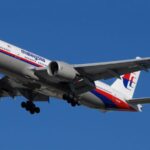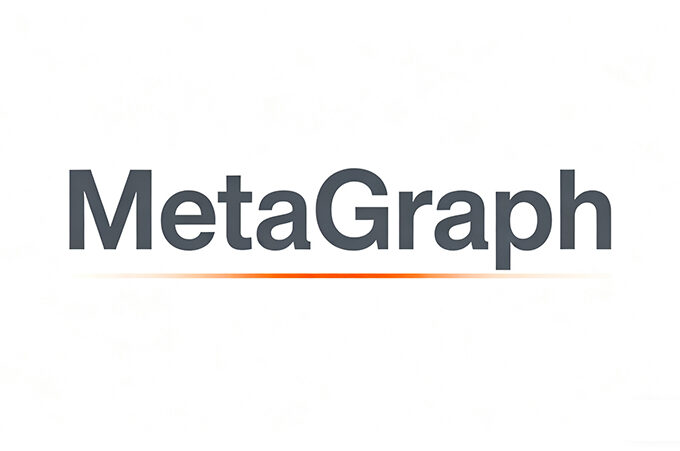Discussions about data security, privacy protection, and the impact of foreign technologies have intensified in recent years, especially in the context of growing global technology competition. In recent weeks, several departments under the U.S. Department of Commerce notified employees that they are prohibited from using DeepSeek, an artificial intelligence (AI) model developed by a Chinese company, on government equipment. This decision reflects the U.S. government’s ongoing concerns about potential security threats from Chinese technology, particularly in the area of AI.
What is DeepSeek?
DeepSeek is an AI model developed by a Chinese technology company, which is mainly used in natural language processing, image recognition, and other fields. With its powerful data processing capabilities and wide range of applications in multiple industries, DeepSeek has quickly gained recognition in the global market. Especially in big data analysis and intelligent decision-making, DeepSeek’s technology has been adopted by several industries, including finance, healthcare, and public services. However, it is this widespread adoption that has also alerted the U.S. government, especially when it comes to the use of the technology on government equipment involving sensitive data.
Reason for the Ban
The main reason for the ban on DeepSeek by a division of the U.S. Department of Commerce is based on national security and data privacy concerns. The U.S. government is concerned that with the rise of China’s technological power, some of the technology could be used for improper purposes, including data surveillance, information theft, and even the risk of potential cyberattacks. Although DeepSeek’s developers have repeatedly stated that the product complies with international privacy protection and data processing standards, the U.S. government continues to believe that its product could be a way for the Chinese government to control or influence important U.S. data.
The U.S. government has long expressed concerns about the security of Chinese technology companies, particularly in the areas of data protection and cybersecurity. While DeepSeek itself has not been directly accused of any wrongdoing, the technology and applications it involves could pose a potential threat in the eyes of the United States. The Commerce Department’s decision signals a further increase in the U.S. government’s scrutiny of foreign technology products, particularly Chinese high-tech products, especially in the area of cutting-edge technologies such as artificial intelligence.
Impact on Government Sector
This ban primarily affects the operations of U.S. government departments, especially those involved in data storage, processing, and analysis. The U.S. government must ensure the security of its technological tools when dealing with large amounts of sensitive data, especially in the areas of defense, intelligence, and finance. Due to the widespread use of DeepSeek and similar technologies, the U.S. government has found it necessary to take steps to limit their use of government equipment to avoid potential security hazards.
The implementation of this ban means that many government departments will have to look for alternative AI solutions, especially in areas such as big data analytics and natural language processing. This could prompt domestic US companies to invest more in AI technology to ensure that government departments are able to use technology that meets safety standards.
Increased U.S.-China Technology Competition
In recent years, China and the U.S. have become increasingly competitive in the field of technology, and artificial intelligence, as one of the key battlegrounds in the new round of technological competition, has become an important area of play between the two countries. The U.S. government’s restrictions on Chinese technology companies, especially on high-tech products, have extended from trade disputes to the technology sector. The US has also previously imposed a series of sanctions on China’s telecoms giant Huawei, restricting its operations in the US market.
The banning of DeepSeek is not only a restriction against a single technology product, but also a microcosm of the US’s increased scrutiny of China’s technological influence. With China’s rapid development in artificial intelligence, 5G, quantum computing, and other fields, Washington’s sense of precaution in the field of science and technology is also increasing. The U.S. government’s decision is undoubtedly a product of this broader context, aiming to ensure the U.S. leadership in global science and technology competition while reducing the potential threat to national security posed by external technologies, especially those from China.

China’s Reaction and Global Implications
The Chinese government and DeepSeek’s developers have yet to formally respond to the ban. However, this measure will undoubtedly intensify the technological friction between the US and China, especially in the field of AI technology. China’s advances in AI and big data processing have had a profound impact on global technological development, which has led to other countries facing more political and security considerations when choosing technological solutions.
In addition to the direct conflict between the US and China, the global tech market may also be affected. As the U.S. government imposes increasing scrutiny on Chinese technology products, other countries may begin to reassess their reliance on Chinese technology as well. Technology standards and cooperation frameworks globally may change as a result, especially when it comes to cross-border data flows and sharing, with privacy protection and security issues coming to the fore.
Future Outlook
The banning of DeepSeek is a new initiative by the U.S. government to increase security scrutiny of technology, but it remains questionable whether it will be effective in addressing all potential security concerns. As competition between the U.S. and China in AI and other high-tech fields continues to escalate, similar technology reviews are likely to become more common. The U.S. government will likely continue to censor Chinese technology products in other areas and further increase its support for domestic technological innovation to ensure that the U.S. is well-positioned to compete globally in science and technology.
However, such a ‘technology embargo’ may pose considerable challenges. In the long run, international technological cooperation may be affected and the pace of scientific and technological innovation may become slower as a result. In order to cope with this situation, countries and multinational corporations may need to pay more attention to how to balance the relationship between technological progress and national security, so as to ensure the sustainable development of the global S&T ecosystem.
Conclusion
The ban on DeepSeek by a division of the U.S. Department of Commerce reflects the high priority the U.S. attaches to national security and technological sovereignty in the context of global technological competition. While the ban targets specific Chinese products, it also hints at a future trend of technology censorship that is likely to become increasingly stringent on a global scale. The competition between China and the United States in the high-tech field will continue to affect the global technology ecosystem in the future, and how to find a balance between security and innovation will be a common challenge for all countries.












